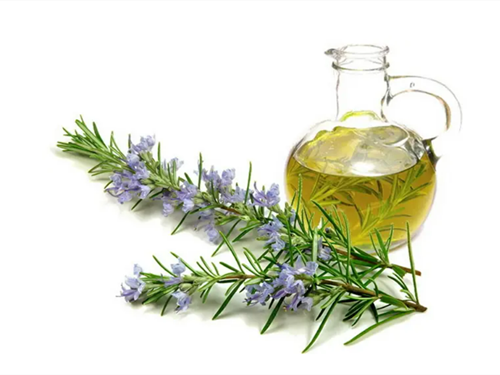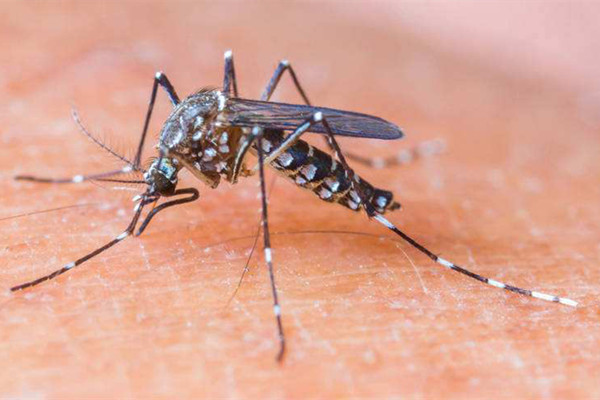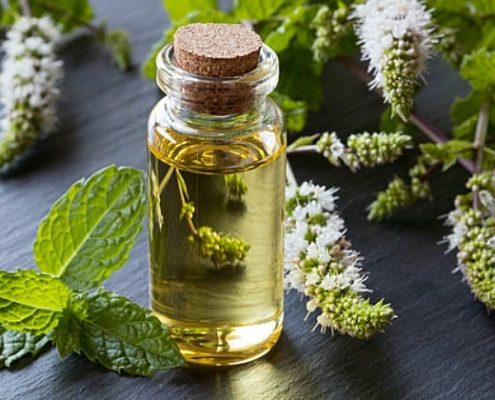Best Natural Ingredients That Repel Mosquitoes
As the weather warms up, it’s a long battle to keep the mosquitoes away throughout the summer. In addition to the unpleasant problems of itching, redness and swelling, mosquito bites can spread many infectious diseases. There are many mosquito repellent products on the market to choose from, and so far, EPA-approved repellent ingredients include DEET, Pecaridin, and lemon eucalyptus, which sounds natural but is also synthetic in many cases.
DEET (N,N-Diethyl-meta-toluamide) is a synthetic chemical commonly used in commercial insect repellents. It has been considered the most effective mosquito repellent. Make no mistake about it, and the Journal of Family Medicine says it should be the only mosquito repellent doctors recommend. Given its potency, it’s hard to imagine another repellent as a substitute. However, it has been linked to potential health risks, especially with prolonged or excessive use.
Picaridin is a compound derived from black pepper, but like DEET, it’s a synthetic chemical. Overall, the study showed little difference between DEET and pecaridin at the same dosage. Some evidence suggests that pecaridin is more durable and does not irritate the skin, smell bad or be corrosive. No wonder Pecaridin was voted Consumer Reports’ Best insect repellent. But concentration is key, with 20% Picaridin topping the list and 5% the least effective. Is this substance toxic? The main adverse symptoms that may occur include eye irritation, redness, vomiting and oral irritation. Of course, you shouldn’t ingest it or spray it into your eyes, but if you do, it’s relatively mild.
Lemon eucalyptus is the only plant-based repellent recommended by the U.S. Centers for Disease Control. However, lemon eucalyptus is not suitable for pregnant women and children under the age of three. These are among the top three sellers on Consumer Reports’ list, repelling mosquitoes for at least seven hours. None of the other plant products tested worked. But 40% lemon eucalyptus can prevent aggressive mosquitoes for four to seven hours after application. For slightly less aggressive mosquitoes, it can even maintain 12 hours, which is more durable than 10% DEET protection.
So, going natural and safe seems like a must, is there a natural and safer repellent available? Sure, but just because it’s natural doesn’t mean it’s safe. Strychnine, a natural substance from the Strychnine tree, and ricin, found in the castor bean, are extremely deadly. Many herbs such as citronella, lemongrass, and mint. etc are generally considered safer. These natural ingredients are non-toxic and biodegradable, making them a better choice for the environment and those with sensitive skin or allergies. Today we will introduce some of the available natural herb extracts for mosquito repellent.
Citronella
One of the most well-known natural mosquito repellents. The leaves and stems of the citronella plant contain citronella oil, which has insect-repelling properties. Before the invention of DEET, citronella was the most widely used mosquito repellent. To this day, it is still used in many formulations, albeit with poor results. Low concentrations of citronella last only a few minutes, while high concentrations may irritate the skin. But citronella can only be used for a short period.
Lemongrass
Like citronella, lemongrass has a strong lemon-like aroma that mosquitoes dislike. Lemongrass oil contains citronellal and geraniol, which are compounds that mosquitoes find unpleasant. Lemongrass candles or sprays can be used as repellents too.
Peppermint oil
The menthol in peppermint is believed to effectively help keep mosquitoes away even the crushed peppermint leaves or peppermint oil. Peppermint extract can be used in diffusers, sprays, or applied topically.
The pic above Pure mint extract oil
Catnip
Nepetalactone, a compound found in catnip, is a powerful mosquito repellent. Catnip oil or extract can be diluted and applied to the skin or used in sprays, you can grow catnip plants or use catnip essential oil for homemade mosquito repellent.
Lavender oil
Lavender contains compounds like linalool and linalyl acetate that have strong fragrances disliked by mosquitoes, making it a useful natural repellent. Lavender essential oil or extract can be used in various forms such as in sprays, candles, diffusers, or diluted and applied topically to the skin.
Eucalyptus oil
Eucalyptus oil is a natural, plant-based product that is generally considered safe for topical use when diluted properly. The strong smell of eucalyptus is off-putting to mosquitoes, and eucalyptus oil is commonly used in natural repellent products. It can be an effective alternative to synthetic chemical repellents, which may have potential health concerns or environmental impacts.
Rosemary oil

Rosemary Oil
Rosemary oil has a distinct, pungent aroma that mosquitoes find unpleasant. The strong scent can help mask other attractants, like carbon dioxide and lactic acid, that mosquitoes use to locate their hosts. Rosemary oil contains several compounds that have insect-repelling properties, including:
Alpha-pinene: This compound is known to have insecticidal and repellent effects against various insects, including mosquitoes.
Camphene: This monoterpene has been shown to have repellent activity against mosquitoes.
1,8-cineole (eucalyptol): This compound, also found in eucalyptus oil, has insect-repelling properties.




